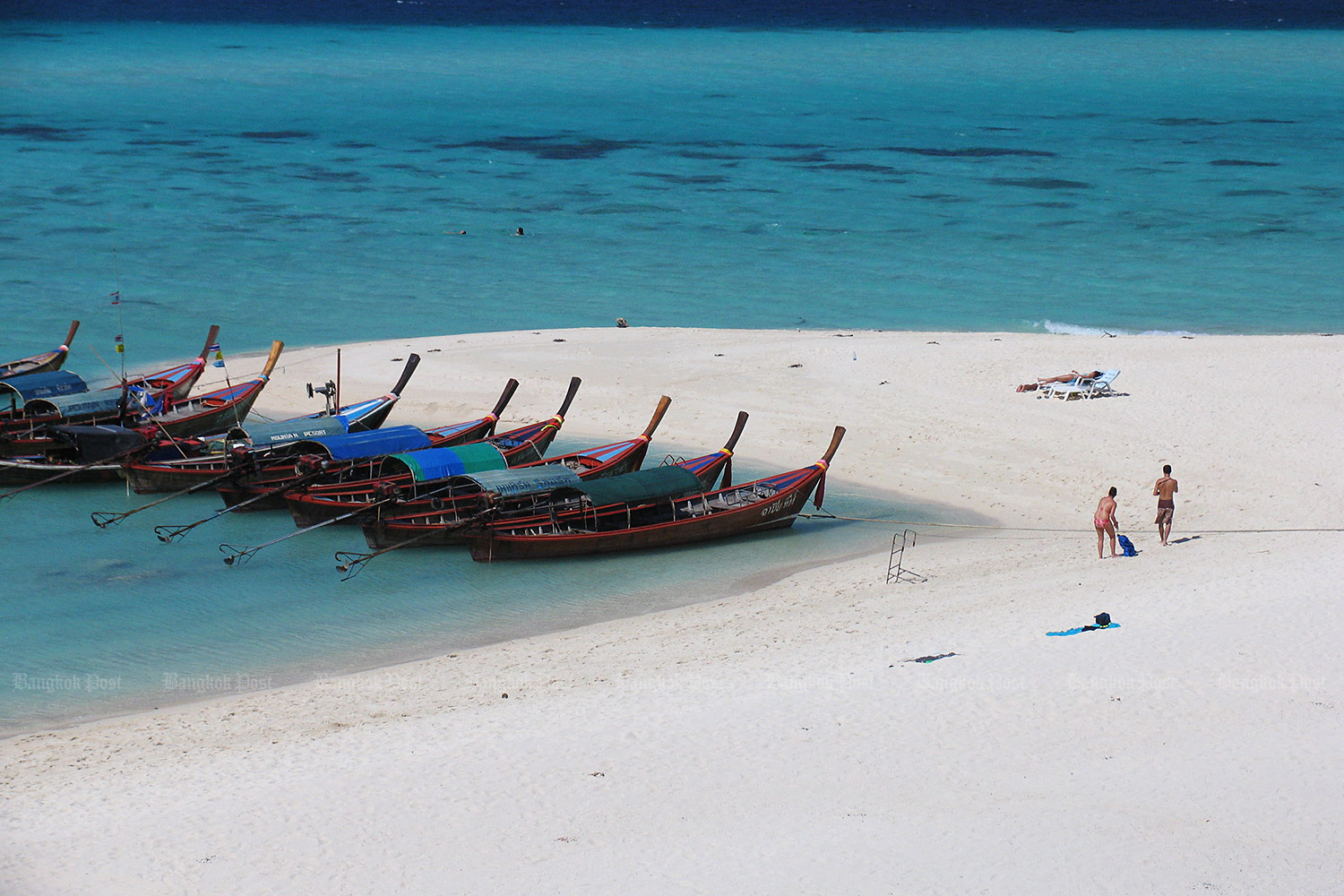
As experts forecast tourist arrivals in Southeast Asia will grow beyond pre-pandemic numbers in the next two years, could Asean maximise the benefits of this trend by removing barriers to travel within the region?
Recognising the potential impact the sector could have on economic development, tourism has been a key area of cooperation among member states since Asean's founding in 1967. Countries have made significant investments in developing and promoting the region as a quality tourist destination.
These efforts have yielded impressive results, with annual growth of 7.7% in tourist arrivals between 2016 and 2019, generating 30 million jobs and accounting for 14.3% of the region's combined gross domestic product (GDP). Even during the height of the pandemic, tourism remained a resilient industry, contributing 12% to Thailand's GDP.
Now, with the Covid-19 crisis under control, tourism is proving a vital component not only to the region's economic recovery, but also to its future economic well-being. Beyond the direct impact of creating service-related jobs and investment, tourism's wide-reaching effects also boost the agriculture, communication, health and education sectors.
But despite the well-recognised importance of tourism to Asean's economic prosperity, significant barriers continue to hamper travel within the region. To fully realise the benefits tourism brings, member states should work together to lower these barriers.
SAFETY AND SECURITY
With news of civil unrest and rising crime rates dominating headlines in many parts of the world, safety is top-of-mind for many travellers. For example, Google reported a 165% year-on-year increase in travel insurance-related searches in Singapore, Malaysia and the Philippines.
Studies show that even the perception of a high crime rate or security risk can discourage tourism. Following the 2002 terrorist bombings in Bali, tourism plummeted. Just as the island was recovering, another attack in 2009 delivered another devastating blow to the industry.
Asean can reassure nervous travellers of their safety by developing and deploying interactive digital technology, like geolocation and satellite tracking. Industry service providers can use this technology to deliver real-time, personalised assistance and safety information such as weather and travel alerts directly to their clients, helping to instil a sense of security.
VISA REQUIREMENTS
Many travellers are discouraged by overly burdensome visa requirements. Each Asean member state has different rules for tourist visas, which can vary depending on where the tourist is arriving from.
Studies have shown that visa restrictions suppress tourism. They also show that relaxing visa restrictions worldwide could increase international tourism and generate $206 billion in additional revenue.
The Asean Visa could help simplify entry requirements for many non-Asean tourists by providing one visa for all member states. This can encourage tourist visits to multiple destinations during one trip by eliminating the need to apply for multiple visas.
However, the list of nationalities eligible for the Asean Visa has not yet been announced. Ensuring it is available to visitors from a wide range of countries is important to the success of the programme.
REGIONAL CONNECTIVITY
Poor road, sea and air connections not only hinder tourism, but also limit other vital economic activity such as trade and commerce. Improving infrastructure to facilitate the unfettered movement of people and products is key to the region's economic growth.
Asean member states have made significant progress in improving infrastructure that promotes connectivity. And the region's Master Plan 2025 demonstrates its continued commitment. As other economic priorities emerge, it is imperative that Asean remains focussed on strengthening the region's connectivity to reap the benefits of barrier-free travel.
In the past decades, Asean has shown it can move decisively toward an open and free travel environment. This attitude of cooperation and collaboration has resulted in many benefits for the region and its people. By committing ourselves to removing the remaining barriers to travel, Asean can maximise those benefits and lift our region even higher.
Vijay Eswaran is the founder and executive chairman of the QI Group of Companies, a conglomerate headquartered in Hong Kong that has diverse interests in education, retail, direct selling, real estate, hospitality and luxury products.







